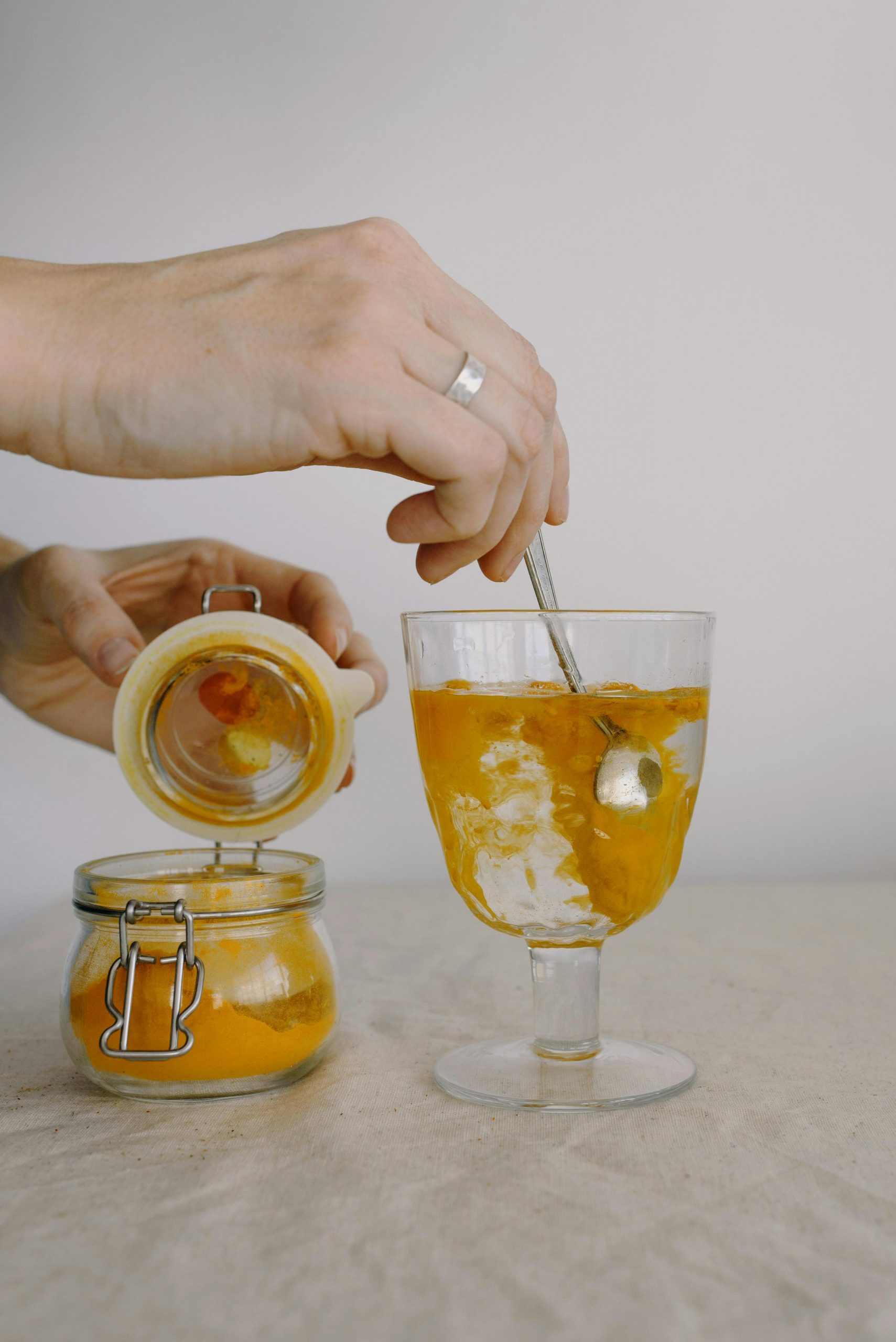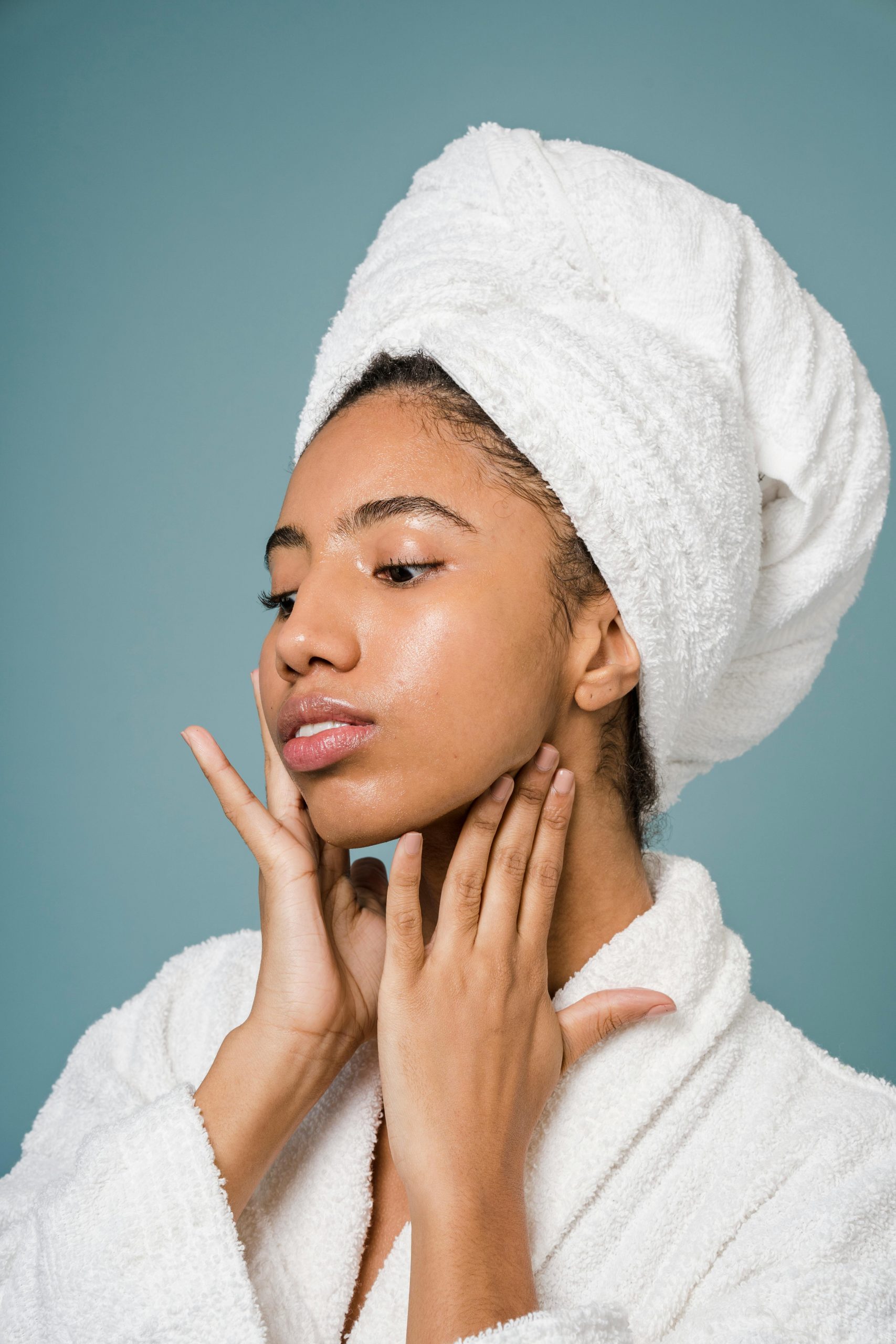With the influence of social media, we are often made aware about everyday products and foods that can affect the health of our skin and bodies. As the importance of skincare continues to be introduced to us, many people have chosen to experiment with various treatments. Looking into remedies from multiple customs and cultures alternative natural ways to attain healthy skin have been found.
The discussion has shed light on the use of turmeric to relieve certain skin problems such as acne and irritations which often can make people feel insecure and uncomfortable. We dive into the history of turmeric use and the potential benefits and cons that come with using it as a face mask.

History of turmeric and its uses:
Turmeric is a plant known for its unique bright colours that bring extra personality and flares to various cuisines. The plant is related to the ginger family with an origin traced to South Asia. The use of turmeric is dated to over 4 000 years.
Most notably used in India and South Asian countries for both cultural and medicinal purposes. The multi-purpose use of this magnificent plant shows the special place it holds within culture both in South Asia and Middle Eastern countries.
Turmeric plays a large role in traditional medicine used to treat various conditions such as arthritis. It also holds potential therapeutic purposes. There is belief that the plant can help our bodies in terms of energy.
Turmeric is often praised for its antiseptic properties that can potentially aid in the restoration of the skin and is used in many South Asian countries to treat cuts and burns.
The latest trend of turmeric use to aid in skincare is nothing new, but rather an ancient practice that has been brought to light through new discussion about natural ways we can protect our skin.
Benefits to using turmeric on your face:
Turmeric has been used in skincare for quite a long time with its presence found in various skincare products.
Curcumin, a compound found in turmeric, is said to have many anti-inflammatory and antioxidant properties which can potentially benefit our skin.
- The use of a turmeric face mask for a long period of time can help with creating a good complexion and provide your skin with a radiant glow.
- Turmeric face masks are said to potentially help with hyperpigmentation and can help with the treatment of bacteria in the skin.
- It can help with acne scarring in the face because of the anti-inflammatory agents.
The potential risks to turmeric use on the face:
- Turmeric is known to stain, so it is important to keep this in mind if you are wanting to experiment with turmeric in terms of skincare. When applying the mask, always make sure that you remove it after 10 minutes. Never leave the mask on too long as this can cause your skin to stain.
- If you are someone with medical skin conditions, it is important to contact your doctor or dermatologist to make sure that this skincare remedy is safe for you to try.
- If the products used to make the mask do not have pure ingredients, this too can cause a reaction. So, make sure that all ingredients used are natural and free of any added preservatives.
- If you have any type of allergy that prevents you from consuming spicy foods in general, it is best to avoid using turmeric on the face in case of a bad reaction.

How to use and make a turmeric face mask:
Making the face mask is quite simple. All you need is some turmeric powder (always use small amounts), and a thick substance to make a paste. Here are some recommended options:
- Turmeric powder can be combined with some plain yoghurt to help with hyperpigmentation.
- If you are looking to find a remedy for acne and get rid of some bacteria in the face, try mixing the turmeric with organic honey and some warm water.
Important to note:
- Prior to applying the mask to your face, ensure that you do a test on your arm or forearm by taking a small amount of the paste and applying it.
- Leave the test patch on for 10 minutes and thoroughly rinse. Keep an eye on the area for 48 hours to see if your body reacts to the mask.
- If you experience any swelling, itchiness or redness on the skin it is best to not apply the mask to your face.
Also see: Benefits of Turmeric
Feature image: Pexels

